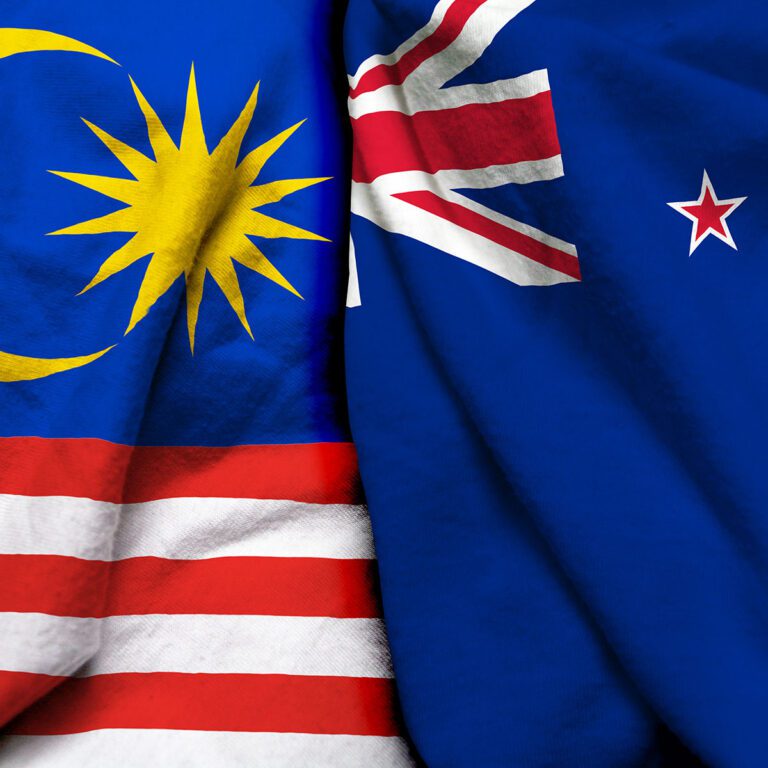The recent announcement that Malaysia is to expand collaboration with New Zealand to improve New Zealand-Malaysian interests has been met with broad intrigue. The 150 investors and businesspeople who were at the forum led by Trade Minister Todd McClay were told about various investment and trade opportunities available in New Zealand. The question for many people is simply this: what does it mean for business?
The two key areas that the forum covered were IT and tourism, with both sectors being critical to New Zealand’s interests. New Zealand has substantial strengths in both areas, thanks to its relatively strong position after the Great Recession and the way in which it has pioneered innovation throughout the country. Malaysia, in turn, has a young, dynamic workforce and is gradually opening up its middle class, who are becoming more wealthy, and younger Malaysians are entering the New Zealand workforce at the basic levels.
Malaysia has a long relationship with New Zealand, particularly with respect to trade. Bilateral trade started around 60 years ago, and this is set to increase substantially. Malaysia is forecast by 2050 to consume approximately 200% more dairy and 100% more fruit and meat compared to 2007, of which a substantial proportion comes from New Zealand farmers.
Both economies are relatively open, unlike the Australian, US and UK economies, so they both experience substantial risk on the global stage. As far as the tourism sector is concerned, the domestic market is powerful in New Zealand, but the international market is where there is substantial room for expansion, thanks to rising Chinese, Japanese, UK and US interests. Malaysia also plays a key role in the tourism sector.
For those wishing to invest in the tourism sector, New Zealand offers a relatively developed market with major franchises and independents combining to create a cohesive whole. Malaysia also experiences its fair share of earthquakes and other issues that can impede businesses.
At the forum, education and defence were also discussed, as several major Malaysian contracts have gone to New Zealand firms. The Asia-Pacific region is relatively stable, apart from the influence of North Korea, and this has led to increased trade to all nations. A preferred trading agreement to Malaysia may have many benefits for both countries.
The key risk, of course, is that by encouraging even further trading links with Malaysia in particular, local firms may be at a disadvantage when competing for contracts for call centres and other labour-intensive businesses. Firms in Malaysia can offer substantially lower rates with a decent understanding of English and the ability to follow a script. Of course, much of this is negated by the fact that many call centres are outsourced anyway, and they would just be transferred from another country.
However, New Zealand firms can make inroads on services offered to Malaysia to take advantage of the countries ever-increasing business sector and purchasing power. This also has implications for the tourism sector, as business tourism is a key source of growth for many motels and hotels. As firms seek to do business with New Zealand, they need places to stay while their business is concluded. Prohibitive prices in Auckland, in particular, make it potentially cheaper and more convenient for some firms to rent rooms long-term rather than purchase or let apartments.
From a trade perspective, the bilateral trade between the two countries is approximately US$1.42 billion, with exports from New Zealand equalling US$730 million and imports roughly equalling US$680 million. This, of course, was aided by the Malaysia-New Zealand free trade agreement in 2010, which has increased two-way trade by 57% between 2010 and January 2017. Tariffs have been eliminated on 99.5% of all New Zealand exports.
Overall, investment in the tourism sector may raise capital values of businesses in the arena, but it might also lead to a focus on improved services. However, these investments are potentially years off, so the long-term effect will not be felt for a while yet.
For further information about this article, contact your nearest LINK Business Broking office at:

